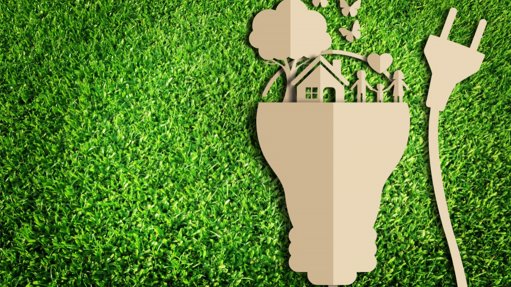
The ANC’s proposal to declare an electricity State of Disaster reflects its desperation to appear to be doing something, anything, to create the impression that it is nominally in control.
The reality is that declaring a disaster will not miraculously enable Eskom to manage our power stations and stop load-shedding; to do that requires engineering and management skills.
The idea that a State of Disaster will provide government with a tool to speed up the procurement of energy – for example, the procurement of power ships – sounds plausible, but won’t stop the implementation of critical decisions being delayed through court challenges.
What a State of Disaster will certainly provide government is a tool to disempower the people by removing checks, balances and transparency from decision-making.
The DA, which agrees with the ANC that a state of disaster is necessary to unlock emergency funding, is equally guilty of grandstanding without thinking things through.
As things stand, there are provisions in the Public Finance Management Act that provide for access to resources in times of crisis, along with provision for deviations in procurement legislation if and where necessary. Accessing this emergency funding doesn’t depend on our resorting to another hazardous state of disaster.
We know the state of disaster story too well...
Under the Covid-19 state of disaster, South Africans were subjected to bizarre regulations conceived by the Co-Operative Government Minster, and a looting frenzy that was enabled by reduced accountability mechanisms that are part-and-parcel of disaster regulations.
The difference is that the principle of declaring a State of Disaster in response to Covid was correct. Disaster regulations are designed for exactly the type of unpredictable event that the pandemic was. They are not a mechanism to mitigate government incompetence.
The weight of continuous power cuts is crippling South Africa. It is destroying businesses and livelihoods, undermining the country’s reputation, making life a misery for consumers, adding to unsustainable inequality, creating an environment for crime to thrive, and severely disrupting other basic services such as water and sanitation.
Declaring a state of disaster is a resort to populism that amounts to an admission that government is incapable of solving South Africa’s problems through ordinary governance procedures.
The last thing this crisis needs is another command council, or war room, concentrating power and influence in the hands of people who do not have the necessary qualifications or skills to address the electricity supply shortage. Nor do we need another Minister to be added to the Gwede Mantashe/Pravin Gordhan mix under the Disaster Management Act.
What it needs is power to be devolved to people capable of fixing the problem.
Eskom management and government leaders need to remain focused on concrete steps towards sustainable solutions. A state of disaster presents no magical quick fix solutions to improve the performance of Eskom’s existing power stations.
The only recipe is for Eskom to address maintenance backlogs, procure engineering and maintenance capacity, and buy replacement parts from original equipment manufacturers.
Parallel to the short-term priority to stabilize the coal-powered fleet of power stations, the building of extra transmission infrastructure is critical in order to be able to bring additional renewable energy to the grid.
Massive renewable energy capacity must be added to energy mix, and there are concrete steps that government can take, which it is not presently taking, to assist consumers get off the grid.
The President is presently considering the legal implications of implementing the ANC’s policy position to declare a state of disaster.
What is lawful is not necessarily sensible. The President must take sensible decisions.
Issued by GOOD: Secretary-General & Member of Parliament, Brett Herron